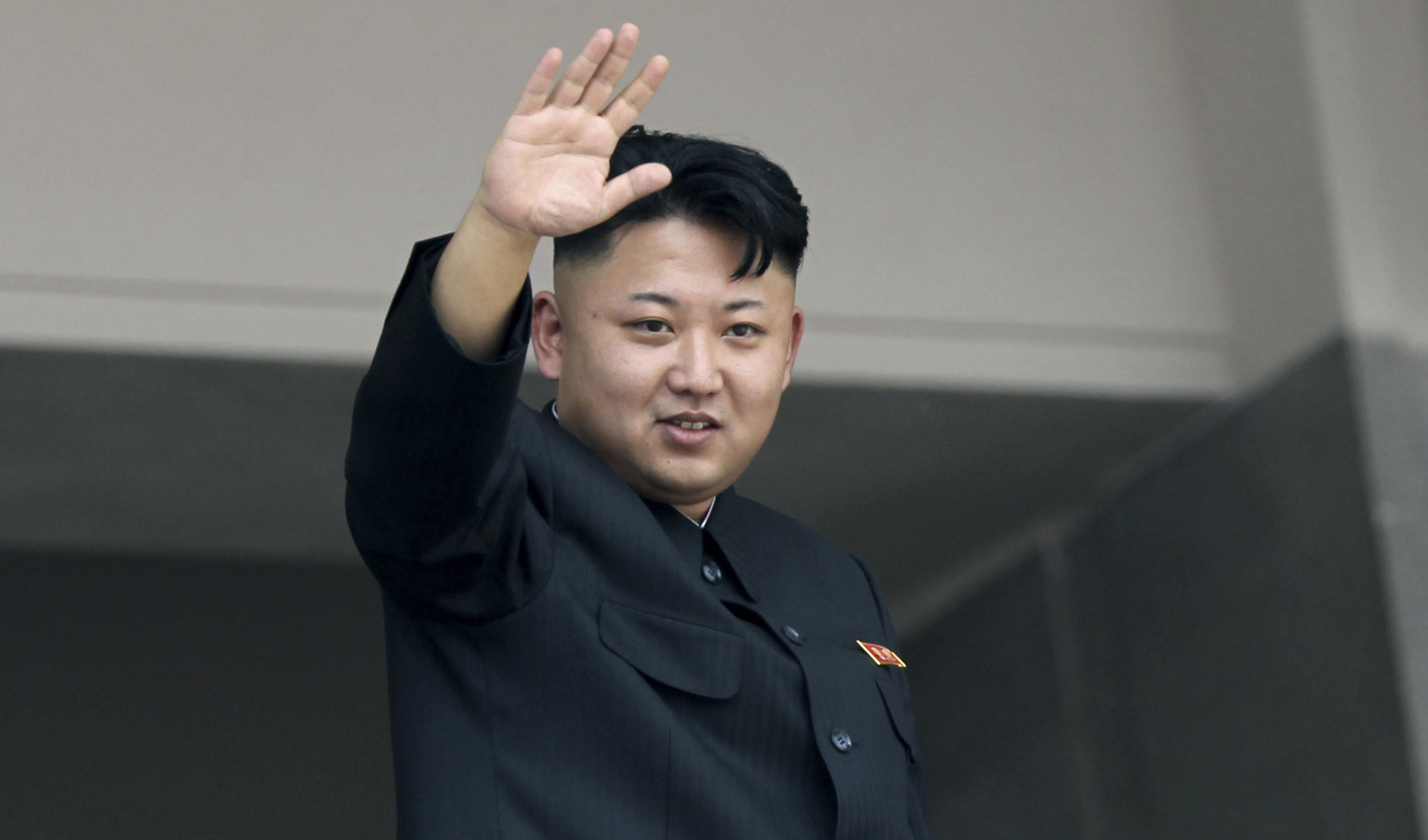Families torn apart for more than 60 years – separated by the Korean War – began to reunite at a mountain resort in North Korea Thursday.
Without any regular forms of communications between the two Koreas, the family members have gone decades without phone calls, letters or emails – unable to know whether their loved ones are alive or dead.
The majority of the participants in South Korea are now in their 80s and 90s. The meetings are likely to be the last time the separated families will have contact with one another.
Thursday’s reunion will be the first since 2010. The negotiations leading to the expected reunions have also been painstaking, reflecting the tensions between North and South Korean governments.
Past reunions have been emotional affairs with sobbing relatives clinging to each other and showing each other family photos.
On Thursday, the first of a five-day event, an initial 200 North and South Koreans will meet.
Among them is Jang Chun, whose brother was 8 years old when he last saw him.
Jang, a North Korean conscript during the Korean War, was taken prisoner by UN forces in South Korea. He has since lived in the South and has been unable to see his family.
But four years ago, he received a letter and several photos of his family in North Korea through the Red Cross. The black-and-white photos showed his brother and a picture of his brother’s wedding — major life milestones Jang had been unable to attend.
“It was shocking,” he said. “I didn’t even know they were alive although I had hoped they were. After reading the letter, I started crying, I was filled with both joy and sorrow.”
Jang clutched the only memorabilia he has of his long-lost family.
“Whenever I miss my family, I read this letter,” Jang said.
Jang, silver-haired and aging, thought he finally got his chance when he learned he’d be part of a reunion group last September.
The reunion waitlist in Seoul has thousands of names and the lucky ones are selected through a computer-generated lottery.
But Pyongyang canceled the September event with only a few days notice, accusing Seoul of souring ties between the two countries.
“It was like being hit on the back of the head,” Jang said about the shock of coming so close, only to have his hopes dashed. “I had to take medication and sedatives.”
It may have felt like deja-vu for Jang in February. After the Korean governments reached an agreement to hold reunions, less than a day later North Korea said it may back out if South Korea holds its annual military drills with the United States.
South Korea has refused to cancel the annual drills. Pyongyang’s attempts to link the reunions to politics were rejected by both Seoul and Washington who see it as a purely humanitarian issue.







